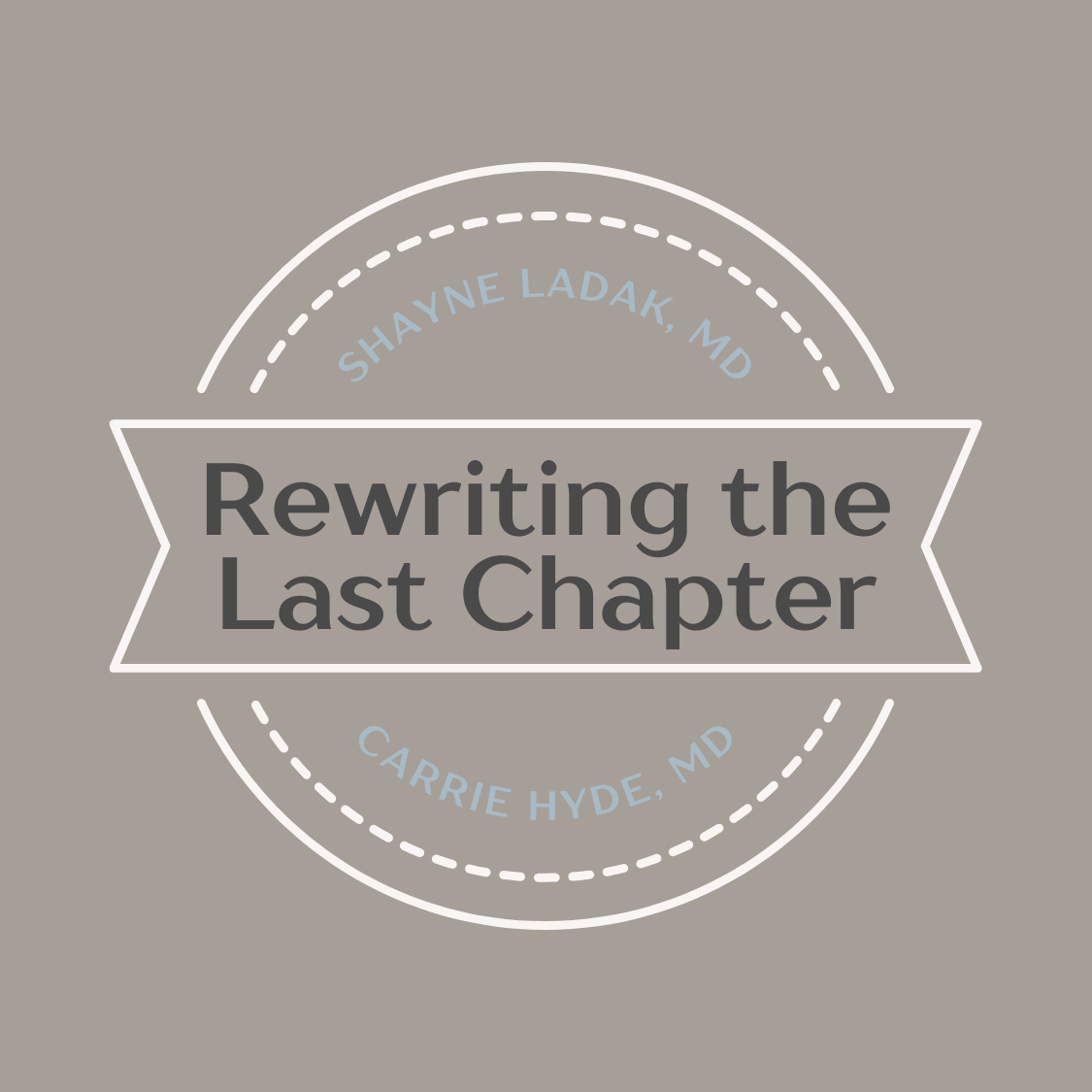The Benefits of Early Hospice Enrollment: More Time, More Comfort, More Control

When we hear the word “hospice,” it’s often accompanied by fear, confusion, or the assumption that it’s only appropriate in the final days or hours of life. But the truth is, hospice is not about giving up—it’s about choosing comfort, dignity, and quality of life. And the sooner it’s introduced, the more it can offer.
What Is Hospice, really?
Hospice is a specialized type of care for people with a serious illness who are no longer pursuing curative treatment. It focuses on managing pain and symptoms, offering emotional and spiritual support, and improving the overall quality of life for patients and their families. Hospice can be delivered at home, in nursing facilities, or inpatient settings, and it includes an interdisciplinary team: doctors, nurses, aides, social workers, chaplains, and volunteers.
Why So Many Wait—And Why We Shouldn’t
Many people enroll in hospice only in the final days of life—sometimes just hours before passing. This often happens because of misconceptions about what hospice is, or because patients and families aren’t ready to talk about end-of-life care.
However, delaying hospice means missing out on many services that could greatly improve the patient’s remaining time.
The Benefits of Early Hospice Enrollment
1. Better Symptom Management
One of the core strengths of hospice care is expert symptom control. From pain and breathlessness to nausea, anxiety, and fatigue, the hospice team specializes in making patients as comfortable as possible. Early enrollment gives them the time to really get it right.
2. Emotional and Spiritual Support
Hospice offers more than medical care. Chaplains, social workers, and counselors are available to help patients and families navigate the emotional and spiritual aspects of dying. This support can ease fear, reduce distress, and foster peace of mind.
3. Support for Caregivers
Family caregivers often carry a heavy burden. With early hospice enrollment, they get education, respite care, grief counseling, and 24/7 access to support. This can reduce burnout and help caregivers feel less alone. Another often-overlooked benefit is the 12-13 months of bereavement support available to family members after a loved one’s death.
4. Time to Build Relationships
A longer hospice stay allows patients and families to get to know the team. Trust builds. Communication flows more easily. Personalized care plans can evolve with the patient’s needs. This continuity can be comforting for everyone involved.
5. Avoiding Unnecessary Hospitalizations
Hospice can help people stay at home or in their preferred place of care, often avoiding repeated ER visits, ICU stays, or aggressive treatments that may not align with the patient’s goals. This can mean more peaceful, meaningful time with loved ones. People on hospice often continue to travel and attend events—contrary to common misconceptions, hospice doesn’t mean being confined to your home.
Yes, you can still do the things you love.
6. Honoring Wishes and Enhancing Dignity
Hospice teams are skilled in helping patients articulate what matters most to them—whether it’s being pain-free, staying at home, or reconciling with family. Early hospice involvement ensures these wishes guide every part of the care plan.
7. Improved Survival for Some
Surprisingly, several studies have shown that patients with certain conditions who receive early hospice or palliative care may live longer than those receiving standard care alone. While extending life is not the primary goal, this may be a byproduct of better symptom control and reduced stress. Click here and here to read who and why people survive longer on hospice.
8. It’s a Fully Covered Benefit
Hospice is a Medicare benefit—and for most people, it’s fully covered. That includes medications related to the terminal diagnosis, durable medical equipment (ie hospital bed, ambulation assist devices, chucks, briefs, oxygen), in-home nursing, and all hospice team services. Most private insurers and Medicaid plans also cover it. Families are often surprised to learn they won’t be billed for these services. In reality, they’ve already paid into the system through taxes their entire working lives.
Hospice isn’t a handout—it’s a benefit they’ve earned and are entitled to use when the time is right.
A Shift in Mindset
Choosing hospice doesn’t mean choosing death. It means choosing how you want to live. By enrolling early, patients and families gain more time—not just chronologically, but in the quality of moments they experience together.
Hospice is not a last resort. It’s a powerful resource. The earlier it’s accessed, the more it can help people live fully, even in the face of a life-limiting illness.
Interested in learning more about whether hospice might be right for you or a loved one? Talk to your healthcare provider or contact a local hospice agency. ANYONE can request a hospice informational visit.
The conversation could change everything.
Helpful links to finding a local hospice agency:
"You matter because you are you, and you matter to the end of your life. We will do all we can not only to help you die peacefully, but to live until you die."
— Dame Cicely Saunders





